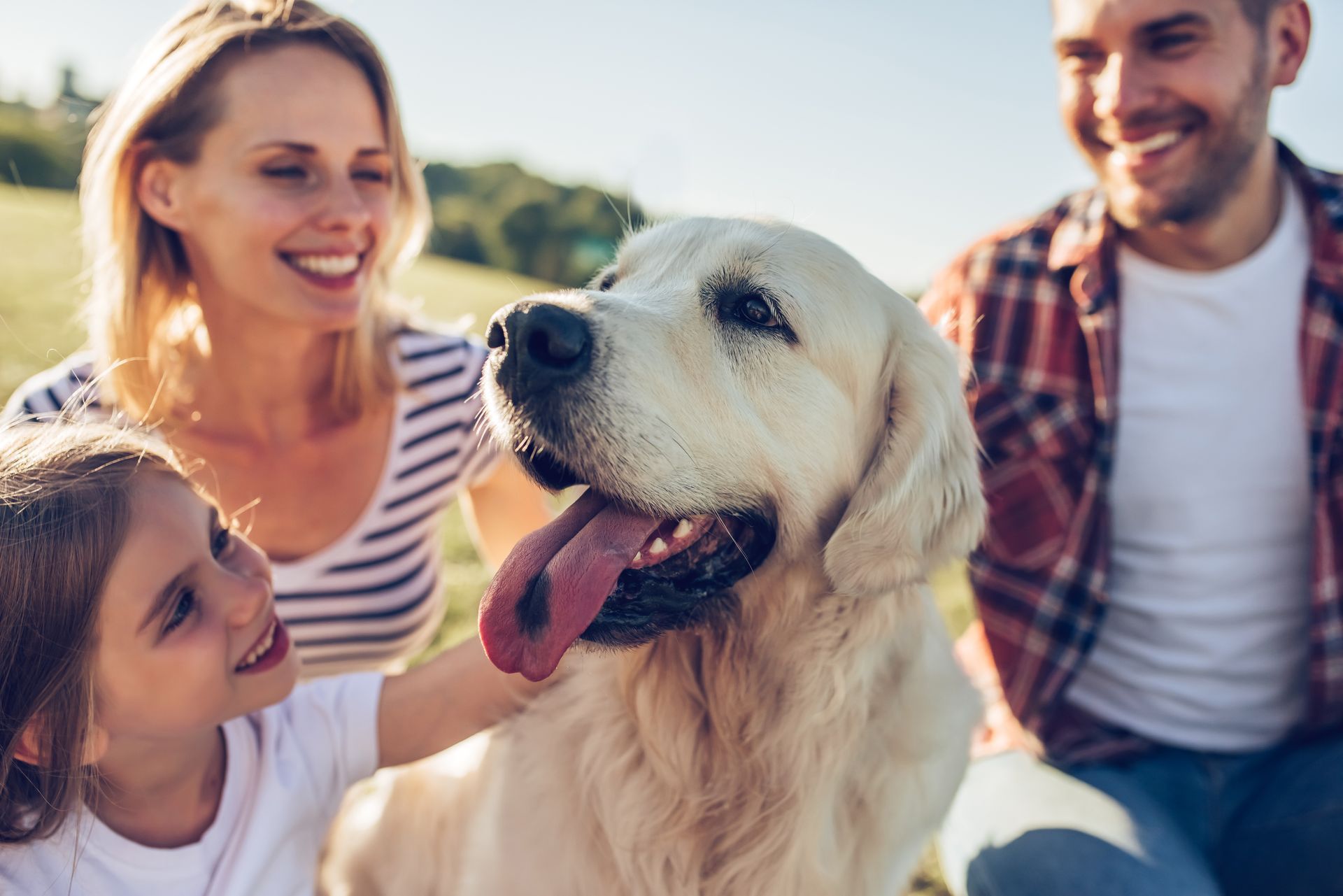Unwanted Barking
Forthglade | Press Release • January 11, 2021
Unwanted Barking

While the streets may have been a little quieter during the lockdown, many of our dogs have been getting louder.
It’s not surprising that our dogs are becoming increasingly vocal. With more humans at home and a larger proportion of time spent in the garden, the opportunity for territorial or alert barking has definitely been on the increase. Our dogs bark for many reasons. It can be a trait of the breed, fear-based, from over-arousal, through frustration, pain, or anxiety at being left alone. The list goes on.
The “bark” is part of normal doggy communications. Alongside other kinds of vocalisations, body language, and olfactory (scent) communication, a bark allows our dogs the opportunity to let us know how they’re feeling about a particular situation. Plus, barking feels good! The challenge comes when barking is happening too frequently or too loudly and is causing you - or your neighbours - some distress. Repetitive barking can be anti-social and, by law, be deemed a ‘statutory noise nuisance’.
The most important thing to understand about barking is the emotion behind your dog doing it. Is it to boost endorphins as they feel uncomfortable in a situation? Is it because you’ve unintentionally reinforced the behaviour and they think you’re having a two-way conversation? Is it because of something underlying that’s going on physically? Or are they just doing the job they were bred for?
Keeping a diary of when your dog barks, in what contexts, and what activities they’ve engaged in on a daily basis can help you get to the bottom of things. Simply ignoring our dogs’ barking is not going to make it go away. Working out the reason why our dog is barking, then supporting them to a different response in those situations is going to have a much better long term result. Let’s have a look at some of the ways we can do that.
Barking in the home
Barking within the home often stems from a response to a visual (or auditory) stimulus. This could be someone walking past your home, post or deliveries arriving, your doorbell ringing. Reducing your dog’s access to that stimulus can be really useful in allowing your dog to feel calmer during the day, to get better rest, and to reduce the chances of barking occurring. Set your dog’s bed up in a room which doesn’t face the front of your home or put temporary frosting on your windows to reduce any visual distractions. Utilise a white noise machine or play calm, consistent pitch music to distract from external noises.
Barking in the garden
Your dog might also have been getting a little restless when exercise opportunities were limited and started to get distracted by cats or birds appearing in the garden. Becoming more hyper-alert in your garden, it’s very likely that you’ve seen your dog barking more there. Add in socially-facilitated barking, whereby your dog responds to other dogs barking in your locality, and the garden might not be such a relaxing place to be. Try to reduce access to the garden for when you’re going to give your dog a job to do or when they’re most relaxed. Consider creating a digging pit for your dog - choosing a specific part of your garden or a trough filled with soil or sand, and hiding toys or treats in there for your dog to search for. Sprinkle pieces of your dog’s food or treats onto your lawn for them to sniff out. Sniffing is a great way to tire our dogs out as well as increasing endorphins!
Barking on walks
If you’re finding your dog is a little barkier on walks, it might be that they’ve been finding social distancing measures quite frustrating. Whereas they normally could stop and say hello to other people and dogs, that’s been taken away. Work on building up your outside connection on walks by playing games, giving your dog sniffing experiences by sprinkling treats into the grass, or doing a little focused training. If your dog finds a certain environment too difficult to focus on you in, move to a calmer space and start your training there first.
Helping your dog feel better without barking
As I mentioned, barking feels good! It can create endorphins that lift our dog’s mood. If we’re dealing with a more anxious dog or one who’s been a bit low during the lockdown, it’s a good idea to add in alternative activities that make your dog feel great! Chewing is good for this - as it gives an incompatible behaviour to barking as well as lifting our dogs mood and releasing tension. Sniffing is another calm and relaxing activity. Playing with your dog or doing some fun trick training can also lift everyone’s mood - both ours and our dog’s.
When to call in the professionals
If your dog’s barking has suddenly changed in frequency, pitch, or is being presented in completely new situations, it’s definitely worth a trip to your vet to rule out any underlying health issues. If your dog is barking when left home alone, you may need the support of a force-free behaviourist to support you both through a behaviour modification plan.
Read the full article at https://forthglade.com/blogs/news/unwanted-barking


